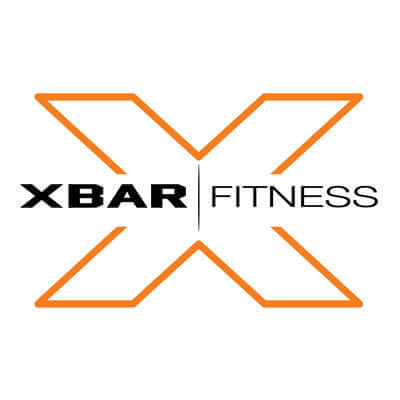Enhance Energy and Focus for Intense Workouts With Brain-Boosting Foods
Food doesn’t just fuel your muscles — it fuels your brain. The sharper your mind, the better your performance, focus, and motivation.
Pair smart nutrition with smart training. Power your routine with the Complete XBAR Kit or build your ideal setup in the Home Gym System collection.
Some of the best brain foods double as performance enhancers, helping you crush your next session at home or on the go. Here are three easy wins to work into your routine.
🥕 Carrots
Known for eye health, carrots are also an underrated brain booster. They’re packed with antioxidants that neutralize free radicals — unstable molecules that can damage brain cells and impair memory over time. Regular carrot intake helps reduce oxidative stress and supports healthy nerve signaling for better focus during tough workouts.
🍅 Tomatoes
Tomatoes are rich in lycopene, a powerful antioxidant that helps protect cells from damage linked to cognitive decline. They also provide choline for learning, memory, and sleep quality — all key to recovery and performance. Paired with consistent training using a home gym system, you’ll feel the difference on high-intensity days.
🎃 Pumpkin Seeds
Small but mighty. Pumpkin seeds deliver omega-3 fatty acids, magnesium, and zinc to support cognition, mood balance, and focus. A single handful can provide nearly half your daily zinc — critical for memory and decision-making. Keep a bag handy before sessions with your XBAR Complete Kit.
🧘♀️ Mind–Body Connection: Keep Your Edge
Dialed-in nutrition works best when your mindset is on point. For stress control, consistency, and more enjoyable training, explore:
💪 Train Your Body. Feed Your Brain.
Put this into action today: build your setup with the Home Gym System or go all-in with the Complete XBAR Kit. Smart fuel + smart training = better results.














